Training the Conscience – A Powerful Parenting Tool
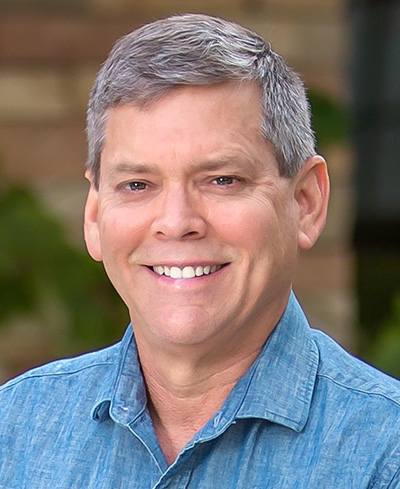
One of the most powerful tools God has given parents is the conscience. We often think of the conscience as that quiet voice that warns us before we make a choice, but just as important is the way the conscience speaks after an action is taken.
Helping our children recognize and respond to those “after-the-action” promptings can move them toward maturity, internal motivation, and a deeper relationship with the Lord.
Romans 2:15 says, “They show that the requirements of the law are written on their hearts, their consciences also bearing witness, and their thoughts sometimes accusing them and at other times even defending them.” That verse describes the two sides of the conscience’s work after an action: it either accuses or defends. In other words, it produces conviction when wrong has been done or affirmation when right choices are made. Both are gifts from God, and both need to be trained and strengthened in our children’s lives.
When a child makes a poor choice, the conscience is designed to stir up guilt. Our culture often talks about guilt as a negative thing, something to escape or suppress, but biblically, guilt is actually very helpful. It alerts a person to the fact that something is wrong and points them toward confession and restoration.
If a child speaks disrespectfully to a sibling and then feels uneasy afterward, that discomfort is a God-given gift, nudging them to apologize and change. As parents, we can reinforce this process by naming it: “That uncomfortable feeling you have is your conscience reminding you that what you did was wrong. Now let’s think about what you can do to make it right.”
Be Careful of Shame
It’s vital, however, to distinguish between guilt and shame. Guilt points to an action: “I did something wrong.” Shame, on the other hand, attacks identity: “I am a bad person.” Shame paralyzes a child and prevents growth, while guilt motivates repentance and restoration.
Parents can help by carefully choosing their words. Instead of saying, “You are so mean,” try saying, “That was a mean thing to do.” The first statement focuses on identity, the second addresses behavior. That distinction opens the door for a child to accept responsibility and seek forgiveness without being crushed by shame.
When children ignore guilt or try to cover it up, their hearts grow harder. Some kids become experts at blaming others, rationalizing their actions, or excusing their behavior. This searing of the conscience makes it less effective over time.
That’s why it is crucial for parents to step in and reawaken the conscience by drawing attention to right and wrong. A simple, firm statement like, “That was the wrong choice, and I want you to think about what needs to be done to make it right,” can stop the rationalizing cycle and point a child back to their inner guide.
On the other side of the conscience’s work is affirmation. When a child makes a good choice, the conscience produces peace, satisfaction, or even joy. That positive inner response is just as important as conviction because it reinforces right patterns and builds moral courage.
Imagine your child chooses to stand up for a classmate who is being teased. Later, when they reflect on that action, they may feel a deep sense of satisfaction. That’s the conscience defending them, saying, “You did the right thing.” Parents can highlight that experience by saying, “I saw how you stood up for your friend today. That’s why you feel so good inside—your conscience is affirming your choice.” By connecting the dots, we help children learn to trust that inner prompting and repeat those good actions in the future.
The beauty of affirmation is that it encourages internal motivation. Instead of needing constant praise, bribes, or rewards, children begin to feel the natural joy of doing what’s right. Over time, that becomes a powerful force for good in their lives. Parents who celebrate these affirmations are essentially training the conscience, making it a more reliable guide as their children grow into adulthood.
Pause and Reflect
Practical steps make this training more effective. One simple tool is the pause-and-reflect question: “How do you feel about what you did?” That question invites children to pay attention to their own consciences. Sometimes they will recognize guilt and admit, “I shouldn’t have done that.” Other times they will recognize affirmation and say, “I’m glad I helped.” Both answers give you a chance to reinforce the work of the conscience.
Another practice is modeling. When you experience either guilt or affirmation in your own life, talk about it out loud. “I almost ignored that person’s need, but my conscience reminded me to help. I feel good that I listened.” Modeling shows children that listening to the conscience is a lifelong process, not just something for kids.
Using Scripture adds another dimension. The conscience is always looking for a standard, and without God’s Word, it may be guided by feelings, opinions, or cultural trends. Parents can provide a biblical anchor by tying conscience experiences to verses.
For example, when a child feels guilty about speaking harshly, point them to Ephesians 4:29: “Do not let any unwholesome talk come out of your mouths, but only what is helpful for building others up.” When a child feels affirmed after showing kindness, remind them of Galatians 6:9: “Let us not become weary in doing good, for at the proper time we will reap a harvest if we do not give up.” These connections root the conscience in God’s truth.
It’s About Internal Motivation
Ultimately, the goal of training after-action promptings is not just to manage behavior but to raise children who are internally motivated to follow the Lord. A clear conscience, shaped by Scripture and quickened by the Holy Spirit, equips our children to navigate life’s challenges with integrity and courage. Parents who take time to cultivate both conviction and affirmation in their kids will see them grow into men and women who can stand firm even when no one is watching.
So next time your child makes a mistake, don’t rush past the guilt. Use it as a teaching moment to lead them toward confession and restoration. And when they do what is right, don’t miss the chance to highlight that deep sense of peace and satisfaction that comes from a clear conscience. Both sides of the conscience’s work are essential, and both are powerful tools for raising godly children.
For more information, check out the course, How a Heart-Based Approach Changes Everything, a 13-session course jam packed with practical, biblical advice.
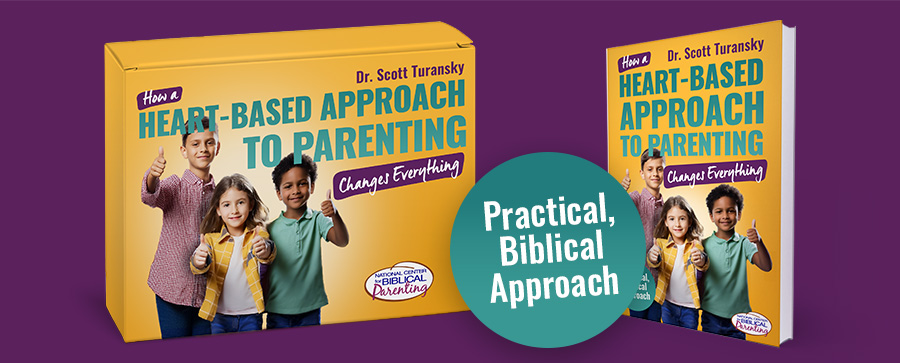
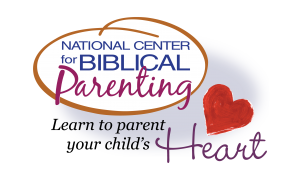
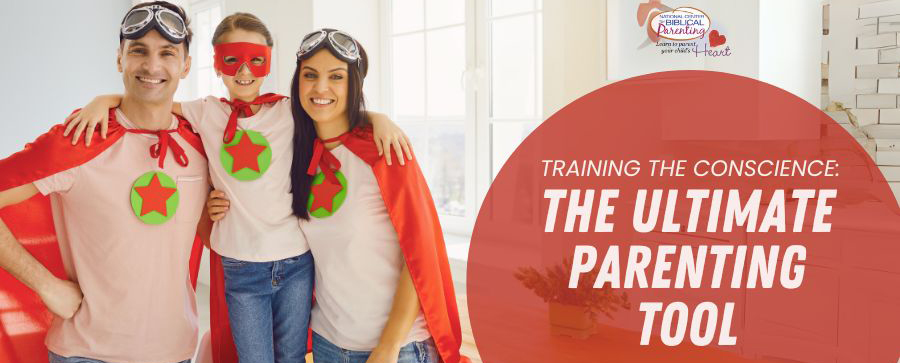
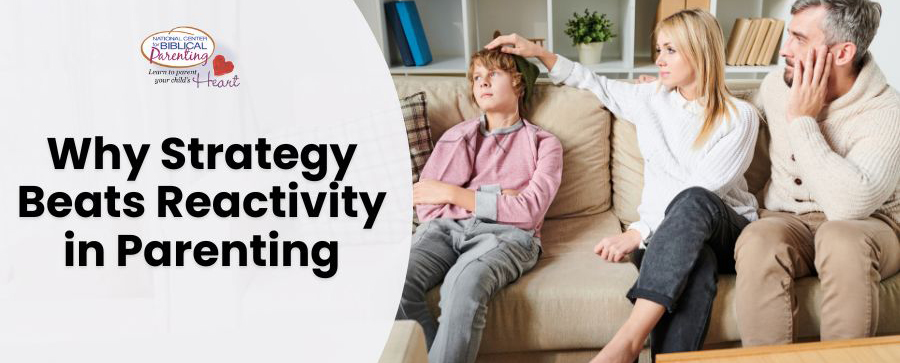
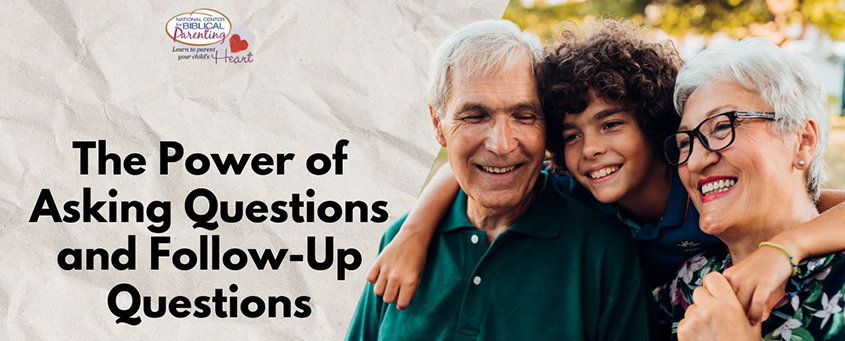
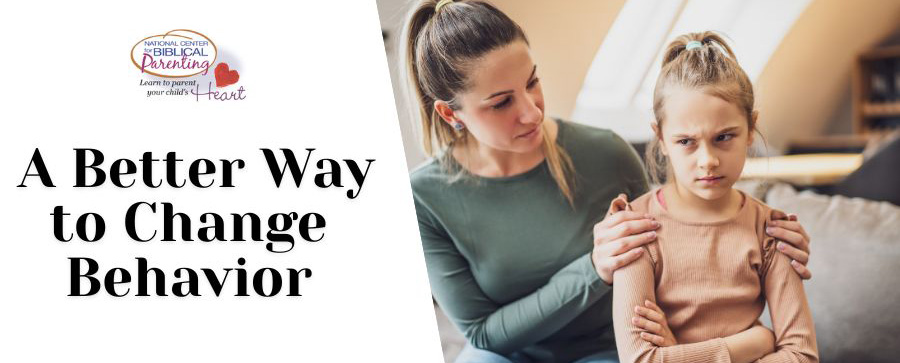

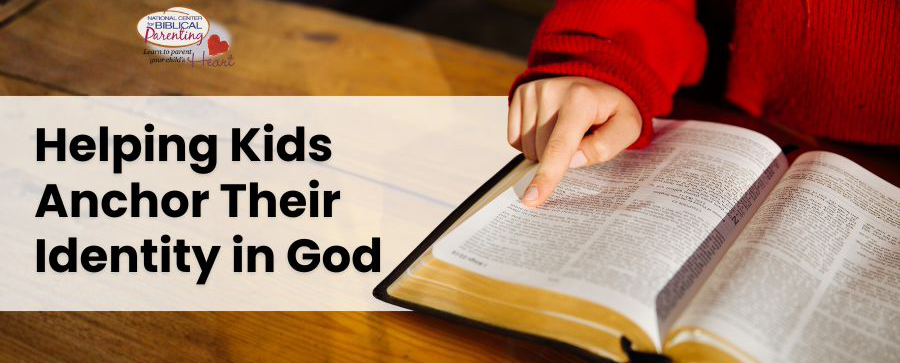
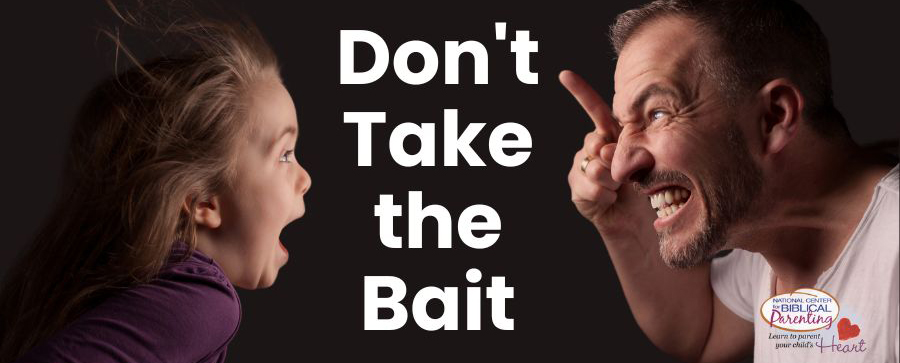
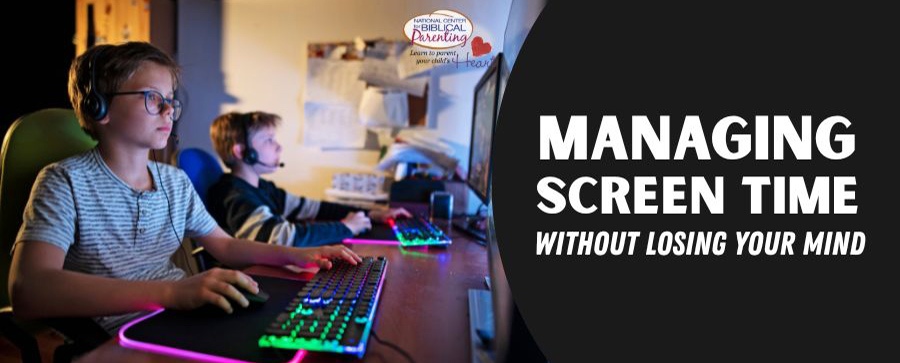

Leave a Reply
Want to join the discussion?Feel free to contribute!